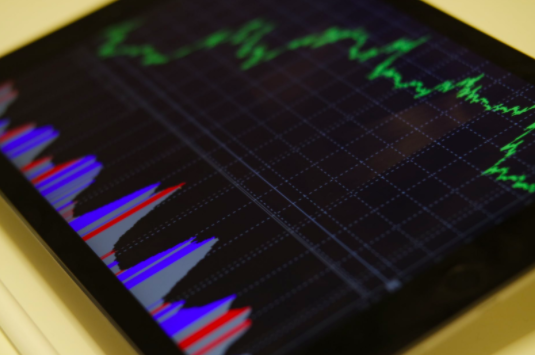Synopsis: Forex traders need discipline to achieve consistent trading, objective data assessment, and reduce risks. Being disciplined allows them to veer away from impulsive actions that often lead to losses.
Discipline is a popular word among those who are still learning the ropes of forex trading. Trading mentors are keen on ingraining this in the minds of trader wannabes. But does it really matter? Does being disciplined create significant advantages?
It would be difficult to argue with the global consensus that discipline is a must. Dissenters would be having a hard time to find any authoritative literature belying the advantages of discipline in forex trading.
The nature of trading discipline
A research by Peter Locke and Steven Manne of Texas Christian University explores the concept of professional trader discipline and trade disposition. “Market professionals often use the term “discipline” to indicate trading strategies that minimize potential behavioral influences,” the research writes. It found that successful floor futures traders show trading behavior that can be described as rational and disciplined. “Measures of relative trading discipline have predictive power for subsequent trading success,” the research adds.
To clarify, trading discipline is not about setting and following strict schedules for daily trading. It is about developing a plan and sticking to it. Being disciplined means having the patience to meticulously gather and analyze relevant data. Forex trading is mostly a home-based activity, so some tend to associate discipline to the need to address procrastination or laziness. However, these are not a significant aspect.
Consistent trading
Consistency is often associated with trading discipline. It is arguably the most direct consequence of being a well-disciplined trader. It is the result of being committed to a plan or strategy. Traders who are confident in their plans do not easily get swayed by noises. They do not go off track after hearing of news and developments experienced traders would easily dismiss as irrelevant.
Consistent trading does not necessarily mean that all actions become predictable. The forex market, after all, is far from predictable. If it were the case, forex trading would probably cease to exist. Trading plans and strategies should also be adaptive. There is nothing wrong in implementing changes in response to new developments. These developments should be covered in the contingency aspect of the plan.
To be disciplined and consistent does not require a trader to commit all of their time to the deed. Take the case of five-minutes-a-day trading (5MADT), an excellent example of consistent trading. According to a study by CMC markets, 5MADT campaigns can deliver profits most of the time. “This strategy was profitable in four of the last five months – but the wins and losses are not symmetrical. The wins are generally larger than the losses, and the net result is a total gain of 515 pips,” reads a portion of the study’s conclusion.
Objective assessment and appreciation of data
Excellent traders are able to keep their emotions in check. They do not engage in a trade because of their excitement over a rumor over a possible opportunity to hit it big. Likewise, they do not decide to sell off because they are feeling gloomy or pessimistic over their prospects in the next days or weeks. Everything has to be carefully thought out and based on reliable data and prudent analysis.
Traders cannot succumb to the Fear of Missing Out (FOMO). Similarly, it is not right to feel gratified with the Joy of Missing Out (JOMO). Disciplined trading entails an objective and careful evaluation of relevant information, not excessively risky optimism or the consolation of having missed out on a possible loss. There is no guarantee that a meticulously studied decision will result in success, but it often does.
Objective trading is compatible with the opportunities presented by the evolving presence of digital technology in the financial markets. “The internet changed the current investment market…Different tools and platforms enable in-depth analyses of each transaction as well as on-going market trends,” says a study by Gainsky Investments.
Traders need patience and discipline in understanding the new opportunities that emerge with the fusion of technology and the forex markets. To thrive, they need to learn how to use new tools and platforms. They need to thoroughly understand the impact of new trends and data sets and react objectively.
Better risk management
Disciplined forex trading has the advantage of enabling better risk management. By sticking to plans, which take contingencies into account, traders act with the guidance of best practices and relevant data. As such, higher risks are avoided while maximizing potential profits.
Discipline also tempers impulsive decisions. “Impulse trades happen more often than you think,” says an analysis report by Forex Training Group. Many traders fall to the temptation of making snap decisions after learning about an enticing chance to raise profits. Various things can happen in the wake of an impulsive trade, and most of them are negative. These include anger and fear after suffering from losses.
These negative emotions are bound to adversely affect trading decisions in the future. Fear can become a hindrance to making sound risk taking strategies. Anger can make traders do the opposite of the decisions that led to the losses without giving them careful thought. Such actions are extremely risky and should be avoided.
Improving success
There is nothing to lose in trying to impose discipline in forex trading. In fact, there is a lot to gain as discussed above. Experienced traders may appear like they are not consciously adopting disciplined approaches, but it is not really the case. Their years of experiences allow them to act instinctively based on the plans and strategies that have worked for them in the past.




